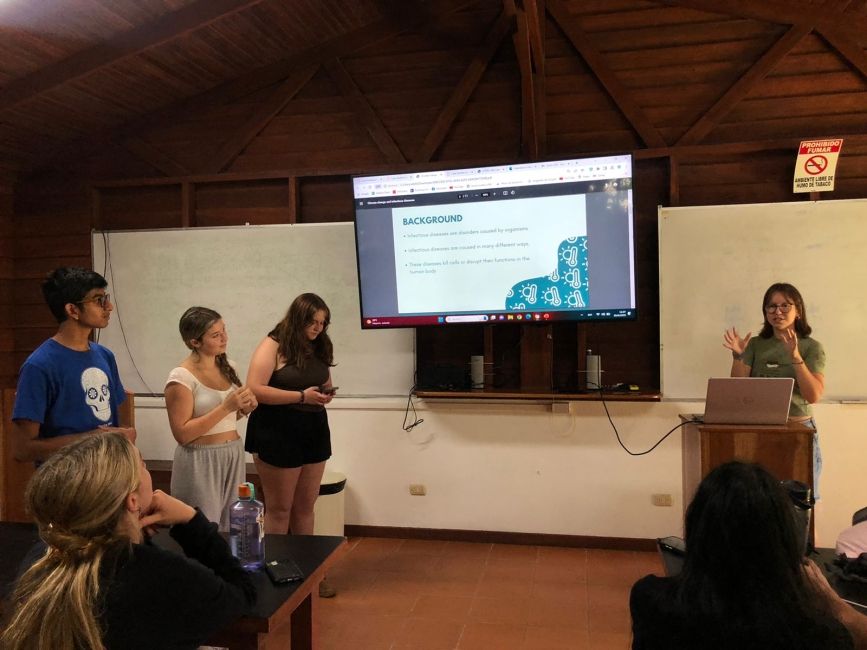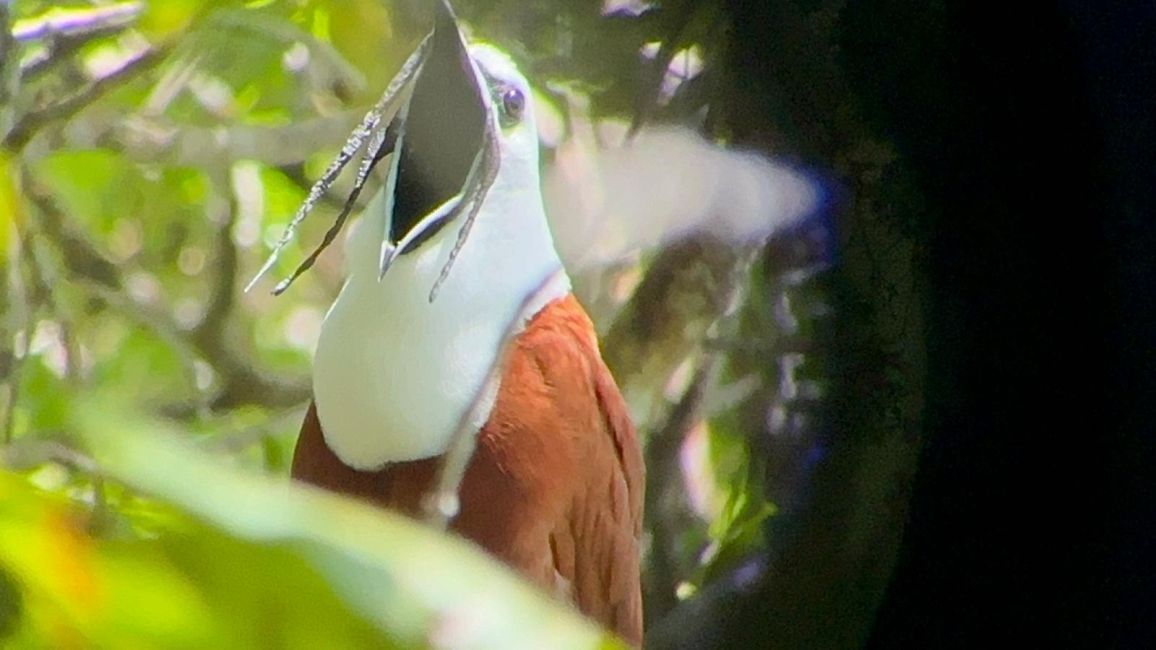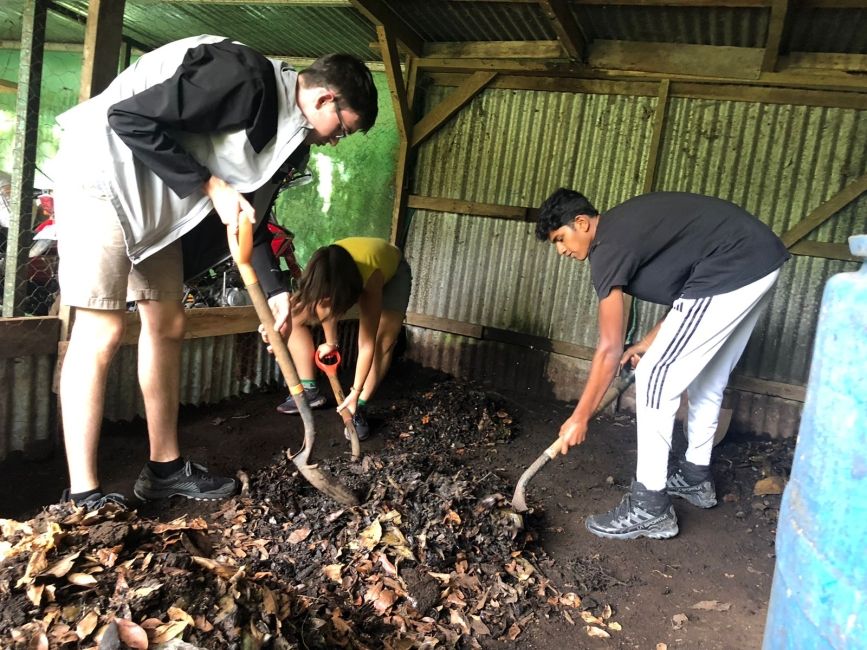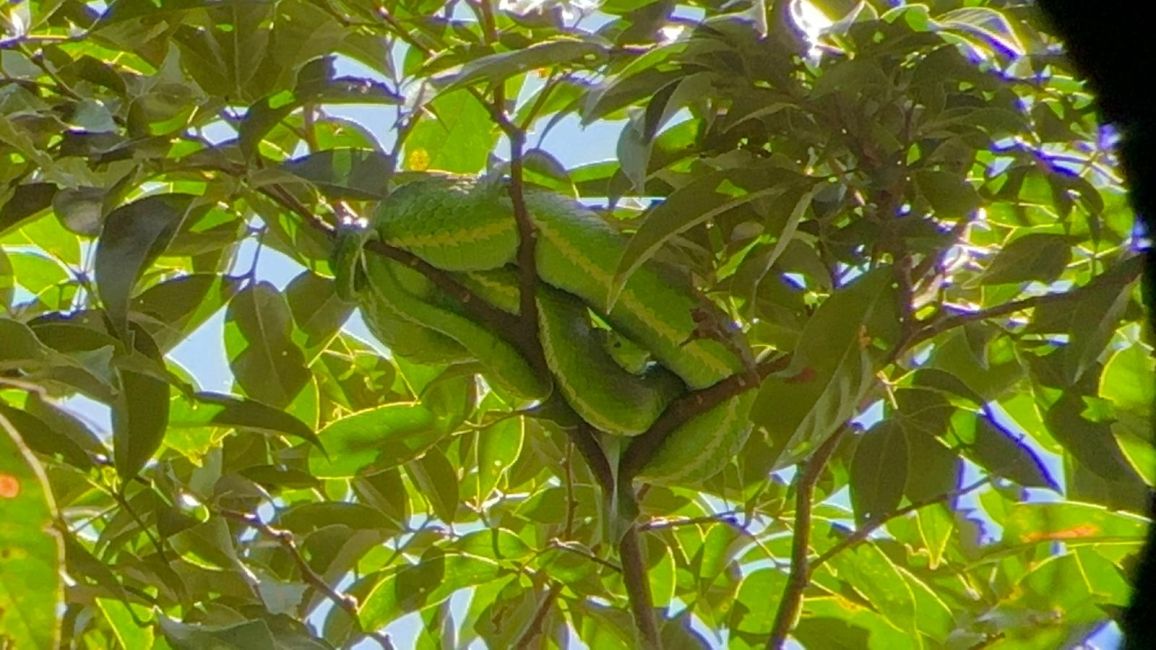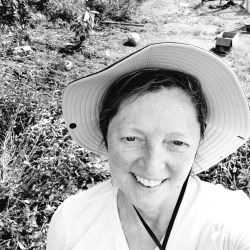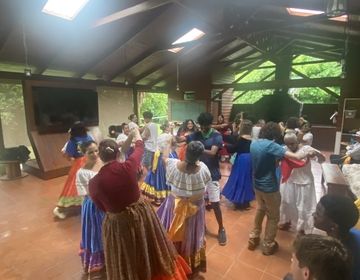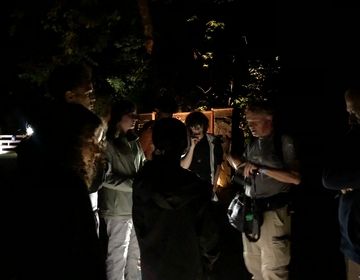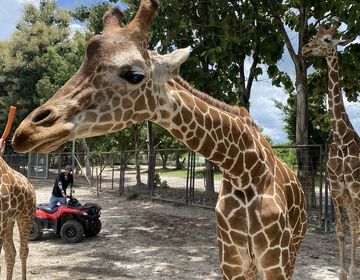CONSERVATION - Why and what can we do?
The last several days have been filled with presentations by participants! Participants formed groups and selected an issue that affects climate change. They gathered current information and data showing the effects of the issue on the world and gave suggestions on how the issue could be fixed or mitigated. The issues selected by students were Water Rising and Acidification, Colorado River Crisis, Monocropping, and Water Warming to name a few. Students presented their findings using slideshows with data, videos, and information that they gathered.
Next we visited a private reserve called Bosque Eterno de los Ninos (Children's Eternal Rainforest). It was an exciting look at how a small gesture can become an amazing conservation example for everyone. Children's Eternal Rainforest was started in 1987 by a group of children in Sweden who heard about the deforestation in Costa Rica. They wanted to do something about it so they asked their teacher if they could raise money to save the forest. The teacher said, "Yes". The children sold cookies, lemonade, and anything they could think of to raise the money. With the money they raised they were able to purchase 6 hectares of land that bordered the Monteverde Conservation League, a non-profit conservation organization. After a presentation of this history, we were given a guided tour by a wildlife naturalist. He showed us many birds, snakes, and a tarantula home. Participants were amazed by the Bell Bird and the Viper snake that they were able to see. Overall, it was an exciting and inspiring experience for the students.
Participants were also exposed to composting at CIEE Monteverde. Participants moved piles of compost and started a new pile with the food waste from the kitchen, chopped it up, and started a new "cake" or pile. Yes, the smell was bad due to the the barrell of collected scrapes from many days back, but it was a worthwhile educational expierence. You would never guess the amount of science that goes into compsoitng. Monteverde uses the manure from the cows and makes a liquid that is used in the garden and the compost piles. We learned that composting should not smell bad, but smell like the forest if done well.
Participants found that many conservation projects start with an idea and grow from common concerns from all over the world. They realized that they can take their ideas and passions to create an awareness and to grow and change perceptions. They are hopeful that their ideas and passions can be put to use when they return back to their communities.
All my blogs were edited by Willow Lagrou.
Related Posts
A Colorful Finale
For our last blog post, the incredible Rama Mansour crafted a fantastic summary of our final few days. Great job Rama! The last few days here in Monteverde have been... keep reading
Unexpected Communication
This blog was written by Izaiah Smith. Izaiah is a global navigator that is flexible and is always up for a challenge. Whether that is learning Spanish or meeting new... keep reading
Tubing in Liberia!
Once again, one of our amazing Global Navigators took over the blog posting honor! Kayla Williams created a fantastic update from our weekend in Liberia. Here is what she had... keep reading

